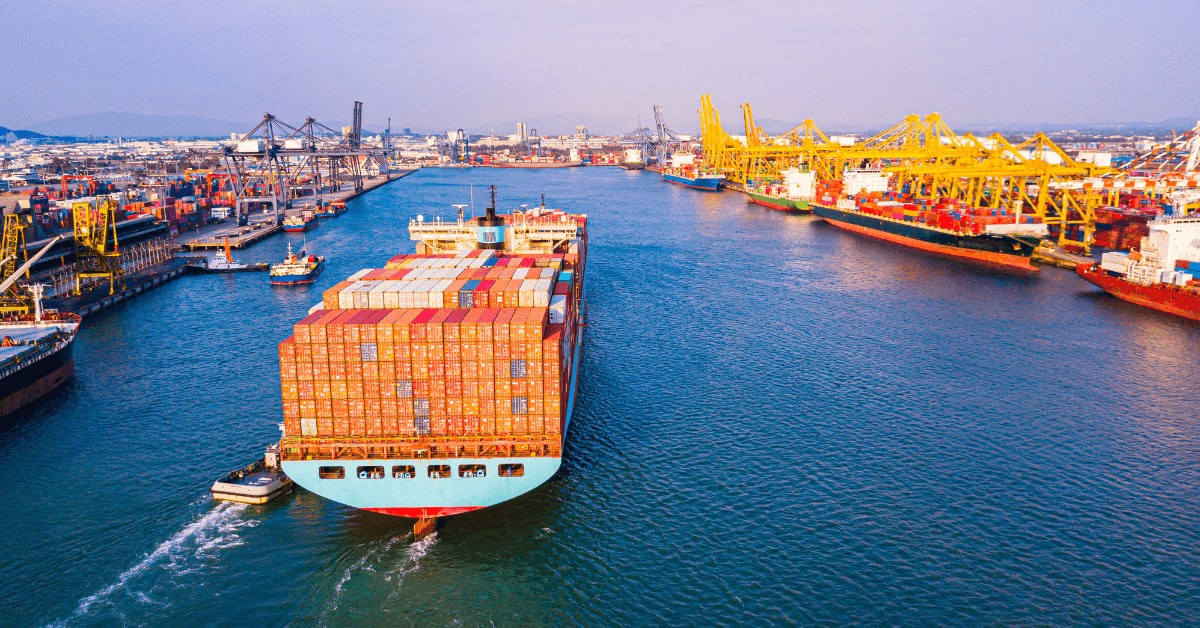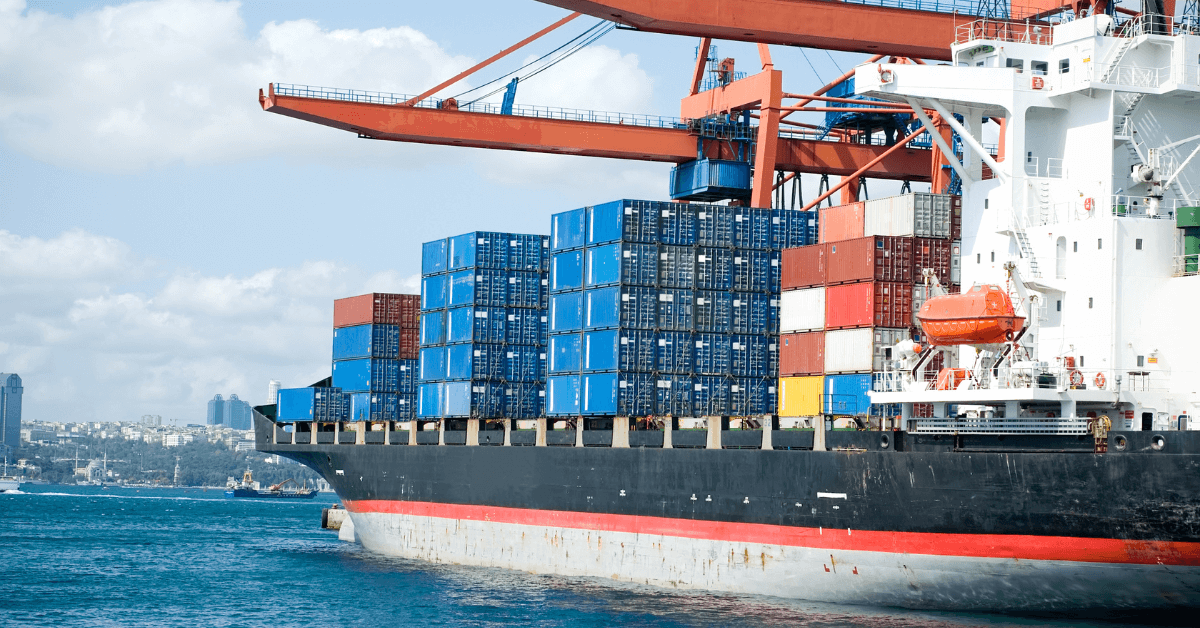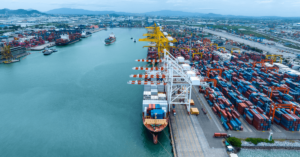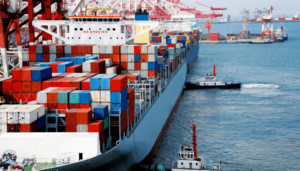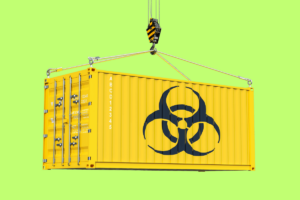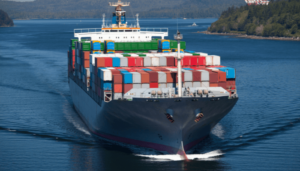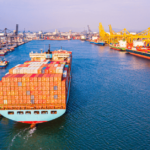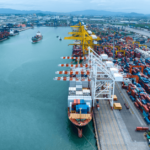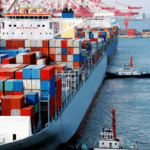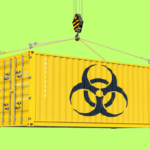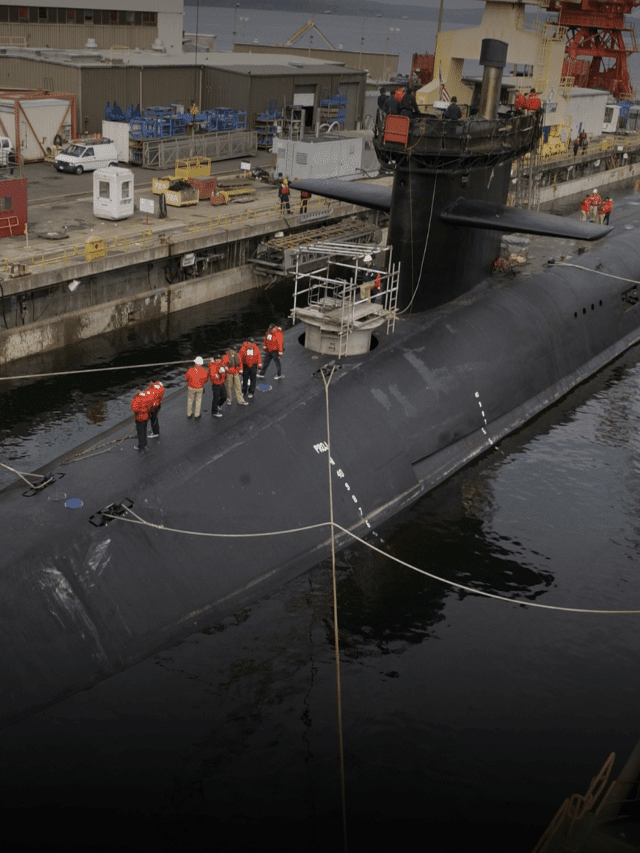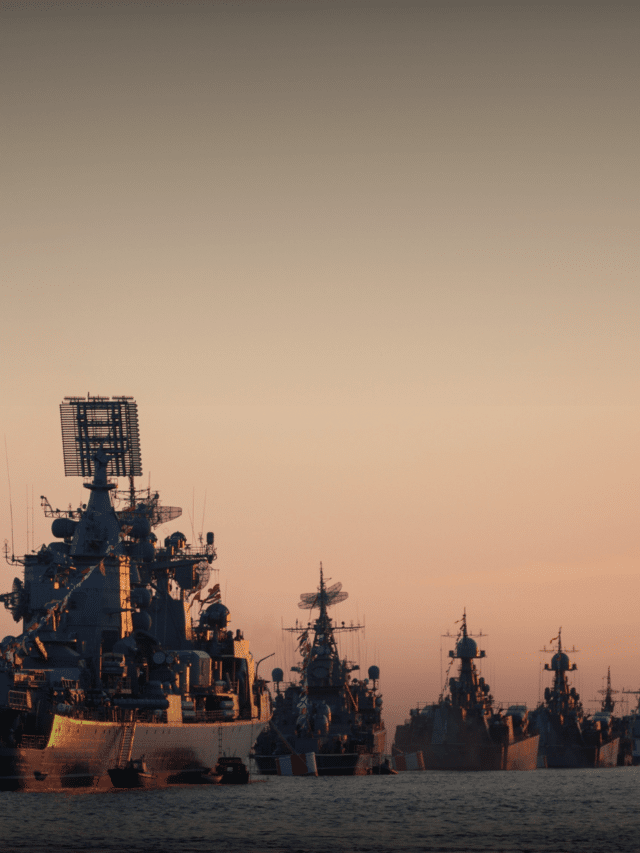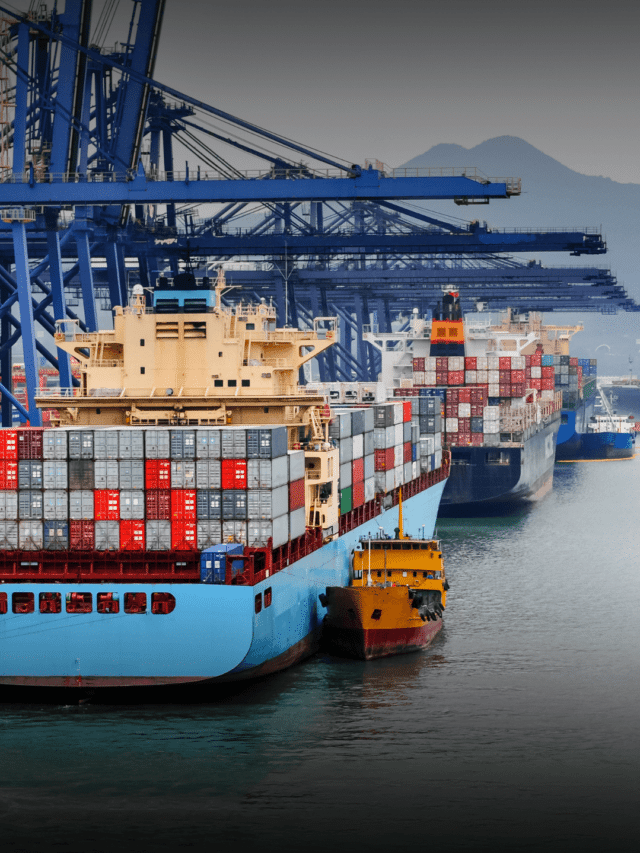What are Logistics Risks?
Transportation, warehousing, and inventory management are fraught with risks at all levels. For a successful buy-sell transaction or vice versa, all risk factors must be considered, managed, and countermeasures executed, leaving no room for error.
However, logistics management and execution of its various functions are not easy tasks. Each step has to be handled with care. Achieving zero-error performance might not always be possible, but every step should be taken to aim for this.
Supply chain disruptions happen when logistics management and task execution are not synchronised and, in some cases, when unexpected events occur.
Supply chain disruptions can have far-reaching and disastrous consequences. Besides delays in deliveries, it can affect product quality, create shortages or excess of stocks, and upset warehousing and storage capacities.
Also, projects may often be delayed, their overall costs shoot up, and strategies go off track. Frequent disruptions can affect an organisation’s reputation.
Risks associated with transportation and storage are the most common in logistics. Breakdowns and failures can be prevented to a large extent by proper planning and having backup plans in place.
What are the Main Logistics Risks Faced by Businesses Today?
This can be quite an exhaustive list, but let’s review the main risks that logistics organisations face.
Supply Risks
Relying on a sole supplier might have its benefits, but imagine if they suddenly decide to turn off the supply. Having one or two backup suppliers who can be relied on in such situations can help to a certain extent.
Maintaining good supplier relationships can go a long way toward ensuring uninterrupted supplies. Suitable software with strong forecasting techniques helps produce reliable figures that can, in turn, help the supplier plan production accordingly. This helps prevent stock-outs and overstocks.
Transportation Issues
Transportation is the backbone of the logistics industry. Without it, the physical movement of goods, whether for buying or selling, can never be complete. Arranging the correct type of transport for moving the required quantities is crucial in avoiding transportation risks.
However, transportation depends on many factors, such as cost, the quantity and quality of goods being moved, journey distance, proximity to ports and railway yards, and others.
Goods can spoil or deteriorate with time if mishandled during transport and storage. Temperature-sensitive goods must be transported in the right containers, and refrigerators or temperature-controlled containers help to maintain the quality of the goods transported.
As in warehousing, goods are mainly transported under ambient, chilled, or frozen conditions, depending on the type of goods. Accurate storage temperatures, as the customer prescribes, must be followed during transportation to prevent spoilage and deterioration.
For example, grains are often transported under ambient conditions. Fruits and vegetables are transported over long distances in chilled containers, while meat, fish, and poultry are transported in refrigerated containers.
Most of the transport today involves multimodal containers. Reputed transport operators handle multimodal transport arrangements efficiently. Eventualities such as equipment breakdown, alternate routing, staffing, labour issues, etc., are often considered by these operators while planning the transport of goods.
Handling and Storage Risks
Technologically advanced warehouses for the storage of temperature-sensitive products are common these days. They are designed to store such products at the required temperature, humidity, and other conditions that ensure their quality, texture, etc.
Warehouse operators have to ensure that the vehicles used for transporting goods to customers, containers, Material Handling Equipment (MHEs), and their warehouses are maintained and serviced correctly at the prescribed intervals to avoid breakdown.
Security Risks
Modern multimodal containers are mostly theft- and pilferage-proof. Similarly, modern warehouses are designed to prioritise security. In addition to security personnel, cameras and sensors are installed at critical points to deter pilferage, theft, and unauthorised access.
Labour Issues
Labour supply can be unpredictable, and unexpected labour unrest can sometimes irreparably upset logistics operations. Logistic organisations must remember this and always have alternate measures in place.
Maintaining good relations with labour unions and government organisations dealing with such unions can mitigate the impact of labour unrest. Opting for warehouse automation and having a temporary stand-by workforce are other measures that can help combat the effects of labour unrest.
Cyber Risks
Hackers can compromise an organisation’s information system. This often leads to the organisation’s confidential information finding its way into the open net, leading to considerable cyber risks.
Sensitive data relating to finance, customers, and shipments should never fall into the wrong hands where it can be misused. Hackers often steal data to sabotage operations.
Some ways to minimise cyber risks include using updated and original software with anti-malware, data encryption, and enforcing system access control for employees.
Political Events and Natural Calamities
Wars, conflicts, and significant political upheavals pose considerable logistics and business operations risks. Similarly, forces of nature, such as storms, floods, fires, etc., are natural calamities beyond mankind’s control.
Both are considered ‘force majeure’ or ‘acts of god’. They interrupt the normal flow of work and often cause damage and destruction of property. Though very little can be done about such instances, arrangements can be made to transport goods by an alternate mode of transport, such as having warehousing arrangements at different locations.
Logistics Risk Assessment
Most modern logistic organisations carry out periodic risk assessments. Such assessments help pinpoint the source of risks and their impact on logistics operations. Risks are analysed, and precautions are taken to minimise or prevent them.
Develop contingency plans that are workable and can be mobilised quickly. Policies and procedures considering such situations should be developed, or existing ones should be updated and enforced by logistics companies.
What Else Can We Do to Minimise Logistics Risks?
It is essential to have robust policies and procedures that are easy to understand while covering all aspects of logistics operations and business. Communication is vital in any operation.
Encourage cross-department and one-to-one communication between employees, and make sure that management communicates well with their employees.
Staff training and motivation are crucial here.
Learn from the competition. They might have a few good note-worthy points to help you run your organisation more efficiently and effectively. Join the local logistics association, where ideas and interests can be shared to help grow the business collectively.
New risks can occasionally arise. Safety protocols should be developed, updated, and enforced to combat such unexpected risks.
You might also like to read-
- What Are Logistics Parks?
- What is Inbound and Outbound Logistics?
- What is Reverse Logistics and Recycling?
- What is Integrated Logistics Management?
- 11 Basic Components of Logistics Cost
Disclaimer: The author’s views expressed in this article do not necessarily reflect the views of Marine Insight. Data and charts, if used in the article, have been sourced from available information and have not been authenticated by any statutory authority. The author and Marine Insight do not claim it to be accurate nor accept any responsibility for the same. The views constitute only the opinions and do not constitute any guidelines or recommendations on any course of action to be followed by the reader.
The article or images cannot be reproduced, copied, shared or used in any form without the permission of the author and Marine Insight.
Do you have info to share with us ? Suggest a correction

About Author
Hari Menon is a Freelance writer with close to 20 years of professional experience in Logistics, Warehousing, Supply chain, and Contracts administration. An avid fitness freak, and bibliophile, he loves travelling too.
Latest Maritime law Articles You Would Like:
Latest News
- What are Logistics Risks?
- How Port and Terminal Operators Can Control Emissions?
- Minimum Quantity Commitment (MQC) and Liquidated Damages in Container Shipping: Concept and Relevance
- The Essential Guide to Shipping Container Dimensions – What You Need to Know
- A Comprehensive Overview of IMDG Code for Shipping Dangerous Goods
- Nautical Law: What is UNCLOS?
Subscribe To Our Newsletters
By subscribing, you agree to our Privacy Policy and may receive occasional deal communications; you can unsubscribe anytime.
Web Stories



